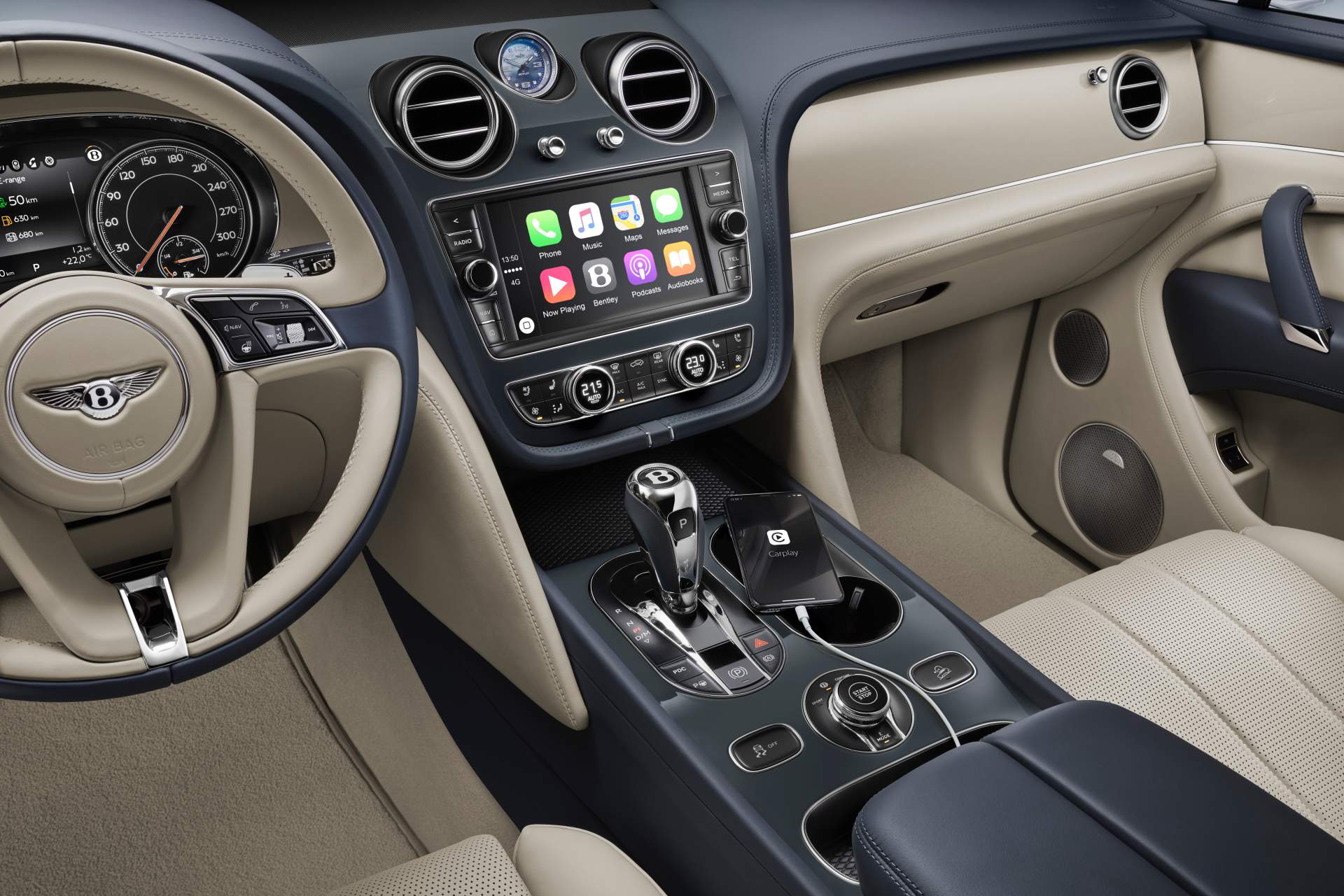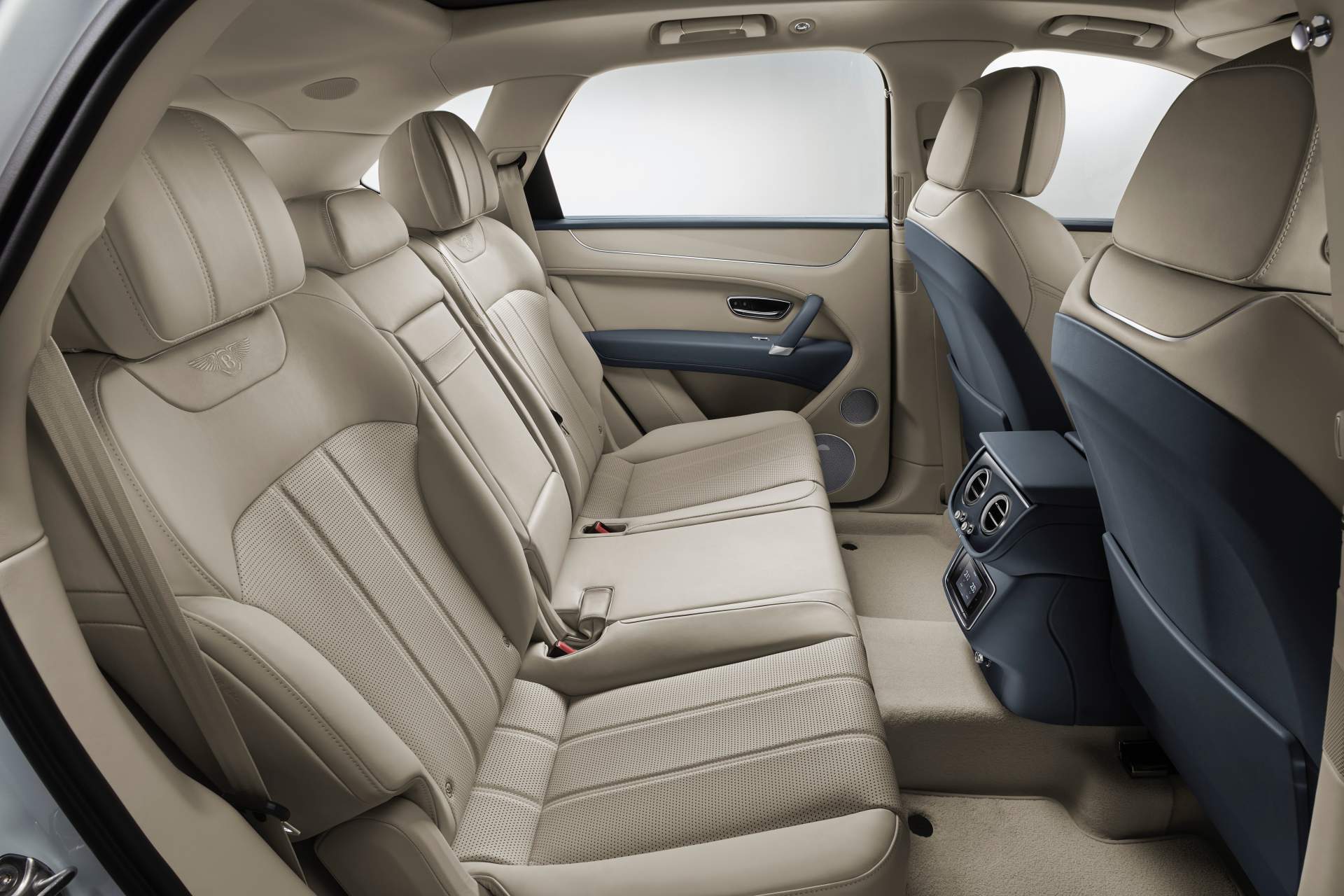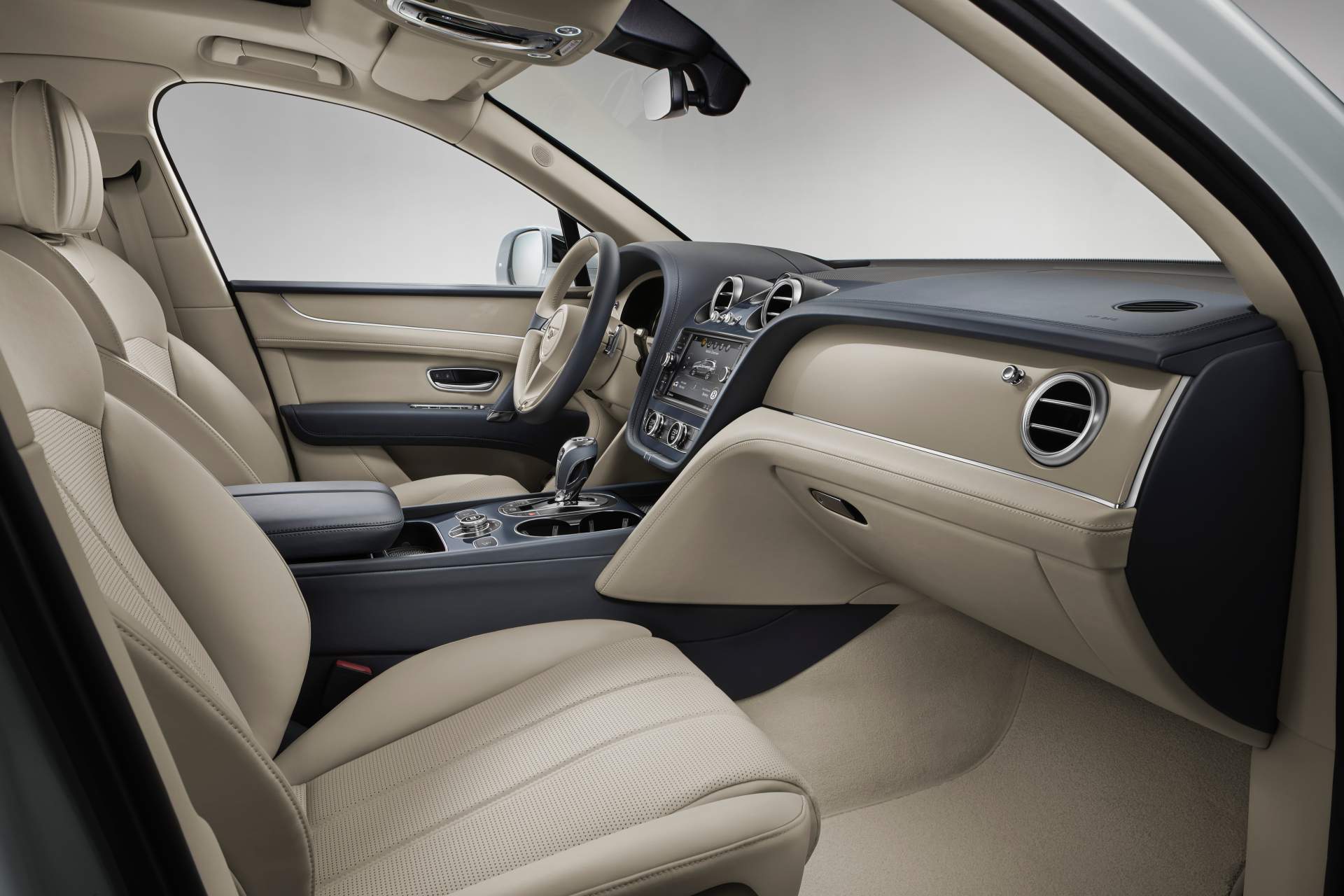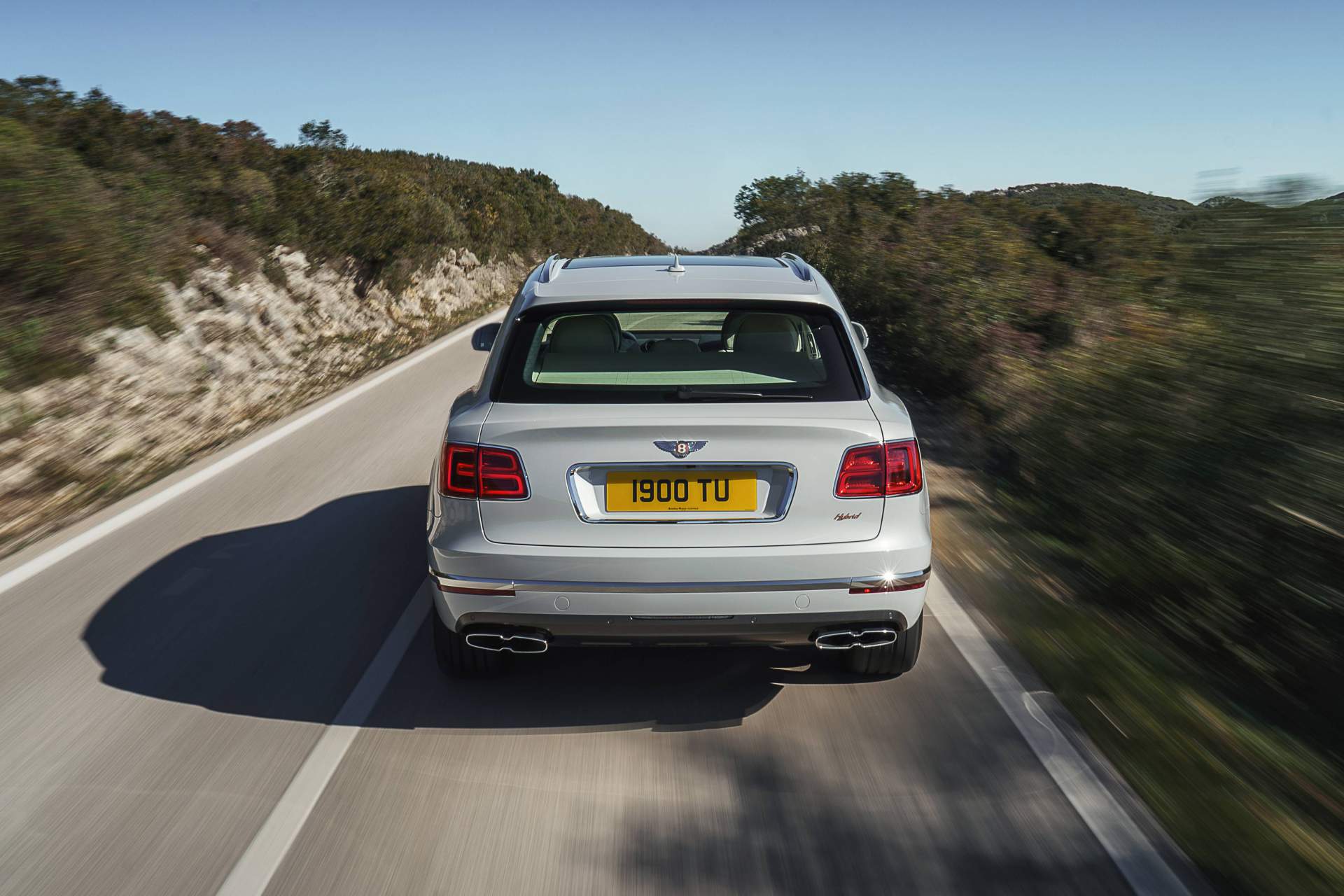The switch to the Worldwide Harmonised Light Vehicle Test Procedure (WLTP) testing procedure has caused some problems for most automakers who sell cars in Europe.
However, some had it worse than others. For Bentley, the problems were “close to catastrophic” in the words of Bentley Motors CEO Adrian Hallmark. The executive estimates the WLTP testing delays cost the company between 300 and 400 Bentayga sales.
Bentley was too slow to prepare its cars for Europe’s new WLTP standard and its cars got stuck in the queue for testing as a result. “We were not quick enough unfortunately to book capacity or prioritize our derivatives within some of the group processes to get them certified on time,” Hallmark told Automotive News Europe.
Consequently, Bentley was forced to push back the introduction of the Bentayga plug-in hybrid (pictured) to March 2019 so it could test more of its volume models. WLTP also caused the brand to delay the launch of the new Continental GT. That was a pretty big deal, too, as the coupe is the brand’s second best-selling car after the Bentayga.
According to Hallmark, they had to be “ruthless” in the prioritization of which models would get WLTP tested first.
Bentley’s global sales fell 11 percent to 6,643 vehicles in the first nine months of this year compared to the same period in 2017 and the carmaker posted losses of €137 million ($156 million) in the first three quarters of 2018. VW Group’s financial report blamed the slow Continental GT launch and exchange rate problems for the British automaker’s loss.
Many of the parts Bentley uses in its cars are imported from continental Europe, making them more expensive when the pound is weak – like it has been during the latest Brexit negotiations. Hallmark estimates the brand will post a profit in the fourth quarter, but that won’t be enough to offset the losses posted so far.













